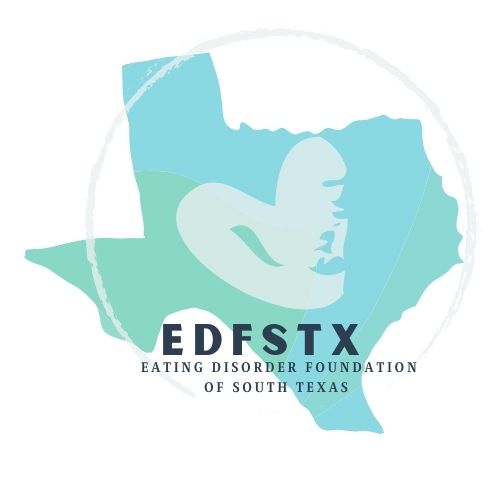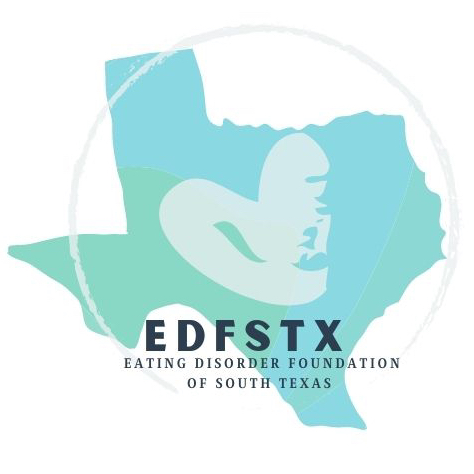
EDUCATION AWARENESS ACCESS
The mission of the Eating Disorder Foundation of South Texas is to transform the lives of individuals and families affected by eating disorders through education, awareness and access to treatment.
People can…and do…recover from eating disorders.
With your help, the EDFSTX will:
EDUCATE professionals, parents and students about the signs, symptoms and significance of eating disorders
Increase AWARENESS of eating disorders across ethnic, age, socioeconomic, cultural and gender barriers
Provide ACCESS to eating disorder treatment for marginalized individuals in our community
EDUCATION – AWARENESS – ACCESS
Every 62 minutes, at least one person loses their life as a direct result of an eating disorder.
“42/637”
mission : EDUCATION
In a 2015 National Survey of Eating Disorder Training published in the International Journal of Eating Disorders, only 42 out of the 637 responding medical school residency programs offered formal, scheduled rotations for eating disorders.
There is an estimated lag of 5 years between a patient’s first visit to a physician’s office and the diagnosis of an ED, resulting in many lost opportunities for early treatment.
“75%”
mission : AWARENESS
National Eating Disorder Association (NEDA) helpline calls have increased 75% during the pandemic.
Eating disorders affect everyone, regardless of socioeconomic status, gender, or sexual orientation. Misconceptions about who eating disorders affect have real consequences, leading to fewer diagnoses, treatment options, and pathways to help for those who don’t fit the stereotype.
“17%”
mission : ACCESS
EDs rarely resolve on their own.
The fastest growing and most common eating disorder in Binge Eating Disorder, which can be triggered by food insecurity. San Antonio has a 17% poverty rate, highest in the USA (out of 25 largest metropolitan areas)
Despite similar rates of eating disorders among non-Hispanic whites, Hispanics, Blacks and Asians in the United States, people of color are significantly less likely to receive help for their eating issues.
People can…and do…recover from eating disorders.
Get edfstx updates in your inbox.
